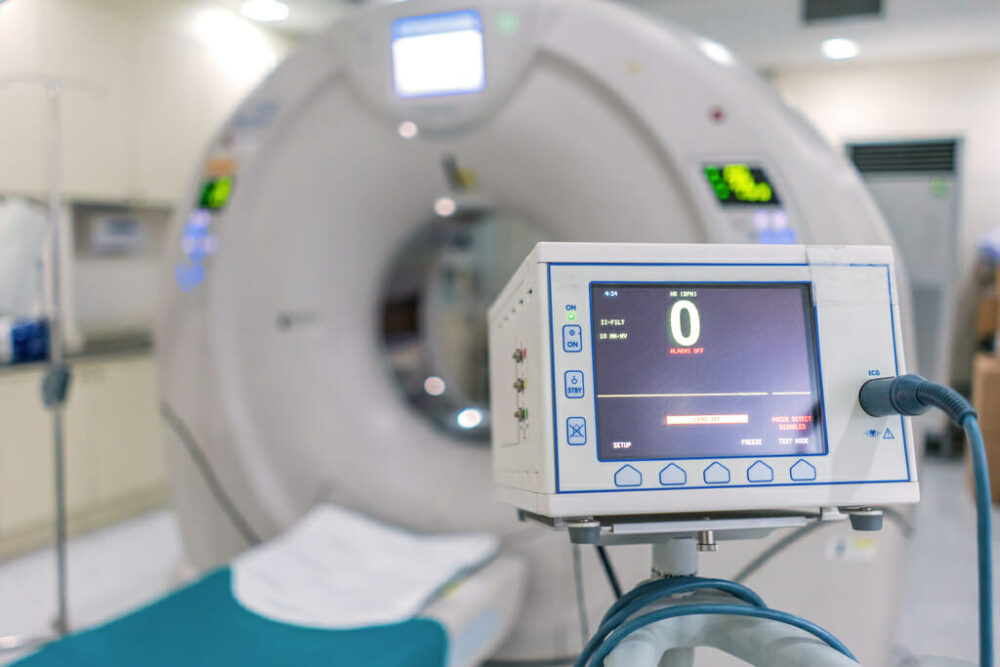What are heart palpitations?
Heart palpitations are heartbeats that suddenly become more noticeable to the patient. While most people don’t notice their heartbeat when it’s acting normally, heart palpitations can come on very suddenly and may seem scary at first.
Heart palpitations usually feel like a fluttering or pounding in your chest, or you may feel like your heart is beating irregularly or too fast, with some people even feeling them in their throat or neck. Symptoms may differ depending on the person, and whilst they can seem rather scary at first, it’s important to note that most heart palpitations are generally harmless and are not a sign of a wider problem.
What causes heart palpitations?
In order to be able to prevent heart palpitations, it is important to know what the causes are. Several different things can cause heart palpitations, including emotional and lifestyle triggers, as well as physical issues. Health issues that may cause heart palpitations are often caused by:
- Heart arrhythmia
- Ventricular tachycardia
- Atrial flutter
- Atrial fibrillation
- Heart failure
- Congenital heart disease
- Hypertrophic cardiomyopathy
- Mitral valve prolapse
Other medical conditions that can cause heart palpitations include:
- Hypoglycaemia (low blood sugar)
- Hyperthyroidism (an overactive thyroid)
- Dehydration and fever
- Anaemia
- Hypotension
- Pregnancy or menopause
Some medicines can cause heart palpitations (for example, antihistamines, antibiotics or antidepressants), and hormonal changes can also lead to them occurring. Other triggers for heart palpitations include:
- Panic attacks
- Stress
- Anxiety
- Insomnia
- Strenuous exercise
- An excess of caffeine
- Alcohol
- Drugs
- Smoking
- Eating spicy food
Risk factors for heart palpitations
Whilst most people will experience heart palpitations at some point in their lives, several risk factors can increase your chances of having them. These include pregnancy, smoking or taking other stimulants, having heart problems or an overactive thyroid gland, taking a prescription medication and having an anxiety disorder – if any of these risk factors apply to you and you start to have heart palpitations, you should see a doctor as soon as possible. Understanding the risk factors for heart palpitations can help you to prevent them in the future.
How to prevent heart palpitations
Some heart palpitations are unavoidable, with most people experiencing them at some point in their lives. However, there are steps you can take to prevent them from occurring in the future.
Leading a healthy lifestyle will help to reduce your chances of experiencing heart palpitations, such as:
- Quitting smoking
- Eating a healthy diet
- Exercising regularly
- Avoid taking illegal drugs
- Limiting the amount of alcohol and caffeine you consume
- Reduce anxiety and stress
- Regular healthy heart checks
Reducing anxiety and stress is easier said than done, but practising mindfulness and mediation can assist in this area, and you should also speak to your doctor if you’re feeling anxious or stressed.
For more information on how to prevent palpitations, please read our article on 3 top tips to stop heart palpitations.
If you’re experiencing heart palpitations and are concerned, please contact us today to book an appointment with our expert Cardiologist Dr Georgios Karagiannis.
Request A Call Back
Please fill in the contact form and we will call you back at a time most convenient for you.
RECENT POSTS




